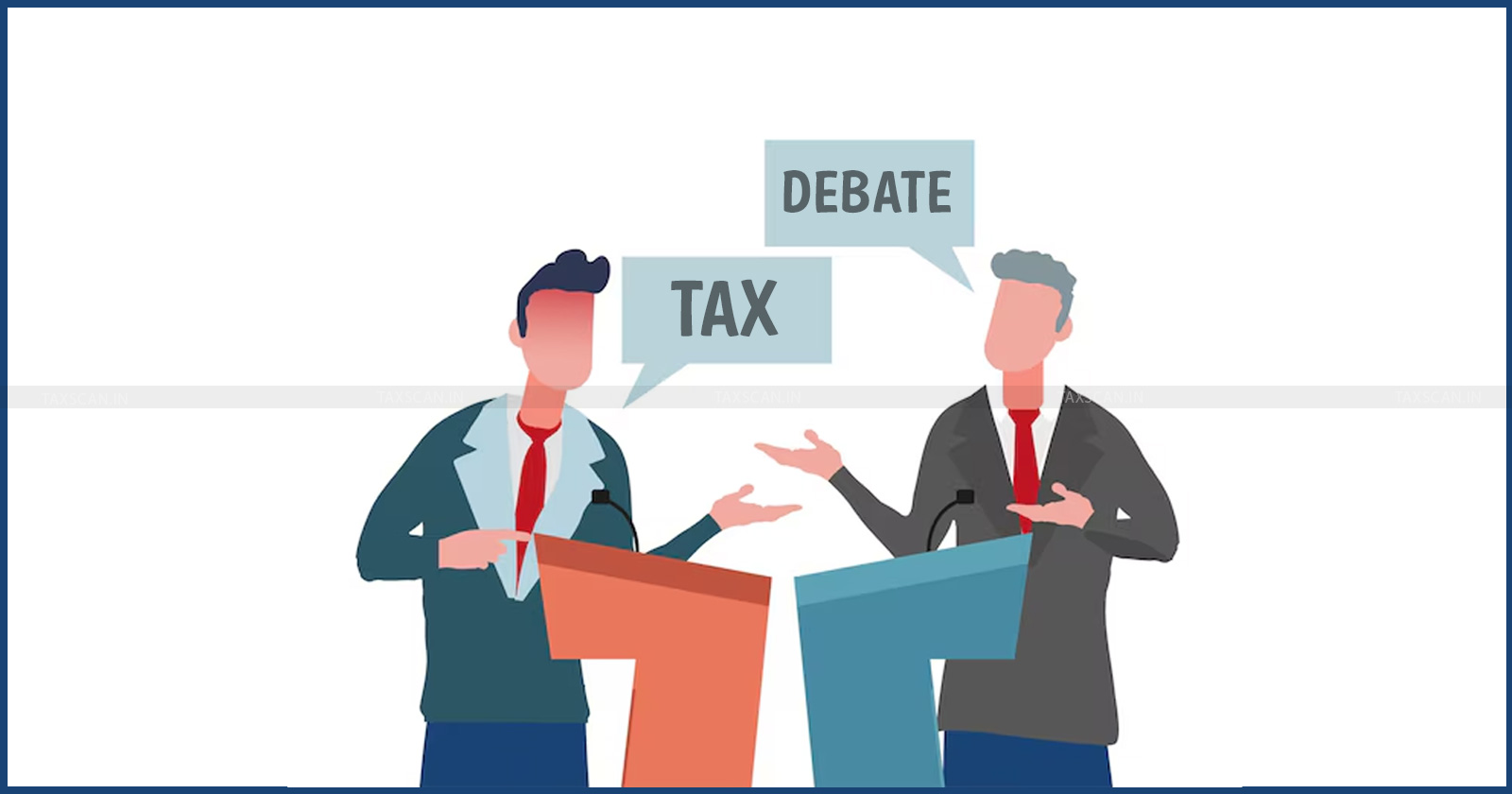India's wealth tax debate: Should Super-Rich be Made to Pay more?
India’s wealth tax debate explores if taxing the super-rich can balance reducing inequality with promoting economic growth.

tax debate – Super-Rich be Made to Pay – India’s wealth tax debate – Taxscan
tax debate – Super-Rich be Made to Pay – India’s wealth tax debate – Taxscan
India has one of the highest levels of wealth inequality in the world, with the richest 1% owning more than 40% of the country's wealth. While economic growth has raised hopes for a better future, it has also highlighted the large gap between the rich and the poor, leading to debates about taxing the wealthy to reduce this disparity.
French economist Thomas Piketty, known for his work on inequality, recently rekindled this discussion. He suggested introducing a wealth tax and higher inheritance taxes on India’s ultra-rich to address the issue.
Many support the idea as a way to reduce inequality, others are concerned about its potential negative effects on the economy. This article looks at both sides of the debate and examines whether taxing the super-rich is a practical solution for India.
Current Scenario of Wealth Tax in India
India introduced a wealth tax under the Wealth Tax Act, 1957, targeting individuals, Hindu Undivided Families (HUFs), and companies with substantial net wealth but the tax was abolished in 2015, replaced by a 2% surcharge on individuals earning over Rs. 1 crore annually.
Empowering MSMEs: Recover Dues Easily with Samadhaan Click here to Enroll
Today, India struggles with a narrow tax base, with only 6.5% of the population filing returns and many declaring negligible income. Despite significant wealth creation, particularly among billionaires, inequalities persist. For example, 63 Indian billionaires hold more wealth than the Union Budget for 2018–19, and the richest 10% own 77.4% of national wealth leaving just 4.7% for the bottom 60%.
French Economist Thomas Piketty’s Recommendation
At a recent seminar hosted by the Delhi School of Economics and the Research and Information System for Developing Countries (RIS), Piketty highlighted India’s wealth disparity. Drawing comparisons with countries like Brazil and Mexico, he argued that taxing the super-rich could generate huge revenue to fund public services and reduce inequality.
Highlight of the Proposals:
- Levy a 2% tax on individuals with assets exceeding Rs. 100 million (~$1.18 million), which could raise annual revenue worth 2.73% of GDP.
- Impose a 33% tax on inheritances above the same threshold.
Piketty explained that such measures are not novel citing Scandinavian countries and Western Europe in the 20th century, where progressive taxation reduced inequality and funded strong social infrastructure. He proposed directing revenues toward education, healthcare, and basic services, empowering citizens to climb the economic ladder.
Indian Economists’ Stance
Indian policymakers and economists remain divided. Critics of wealth tax raise concerns about its feasibility and potential unintended consequences:
High taxes could prompt the super-rich to shift their wealth or residency to low-tax jurisdictions which led to capital outflows. Similar issues led to the rollback of wealth taxes in countries like France.
Accurately valuing non-liquid assets (e.g., real estate) is complex, even with advancements in digitization. India’s past experience with wealth tax showed limited success due to the high costs of collection and poor compliance.
Empowering MSMEs: Recover Dues Easily with Samadhaan Click here to Enroll
Finance Minister Nirmala Sitharaman argued that inheritance taxes could burden middle-class families especially those transferring modest land holdings or savings. V. Anantha Nageswaran, India’s Chief Economic Adviser, disputes the idea that reducing inequality boosts growth, emphasizing that economic development relies on broader reforms.
People’s Debate
The public opinion on wealth tax is as polarized as the expert debate. Online discussions reflect a range of views:
Many believe the super-rich, often influential in policymaking will find ways to evade such taxes.
As one user put it, “The super-rich are hand in glove with the government. It’s all one big party.”
Some argue that wealthier individuals should contribute more, with comments like “TAX THE RICH.”
Some people question how wealth taxes could be enforced once billionaires move their assets abroad, with one user sarcastically saying, “How much does a first-class ticket to Dubai cost?”
Others suggest raising the wealth tax threshold to Rs. 500 or Rs. 1,000 crore, as Rs. 10 crore might include upper-middle-class families.
These highlight both the demand for accountability and the challenges of bringing back wealth tax in India.
Global Examples and Lessons
Several countries provide insights into wealth taxation:
- Scandinavian Countries: Nations like Norway and Sweden levy wealth taxes as part of their social democratic principles, funding extensive welfare systems. Despite success in reducing inequality, these models face criticism for high administrative costs and tax avoidance.
- France: Initially a proponent of wealth tax, France abolished it due to capital flight and replaced it with targeted taxes on real estate.
- The United States and China: Both nations use alternative strategies, such as capital gains taxes, rather than broad-based wealth taxes.
India’s context, with its low per-capita income and complex social structure, demands careful adaptation of global lessons.
Piketty’s idea of taxing the super-rich to reduce inequality raises an important point, but it might not fit well with India’s current economic path. Instead, India needs a two-part approach: using technology to improve public services and creating an environment that encourages investment and growth. To deal with inequality, the country needs broader changes, innovation, and inclusive policies, rather than just focusing on taxes.
Support our journalism by subscribing to Taxscan premium. Follow us on Telegram for quick updates


